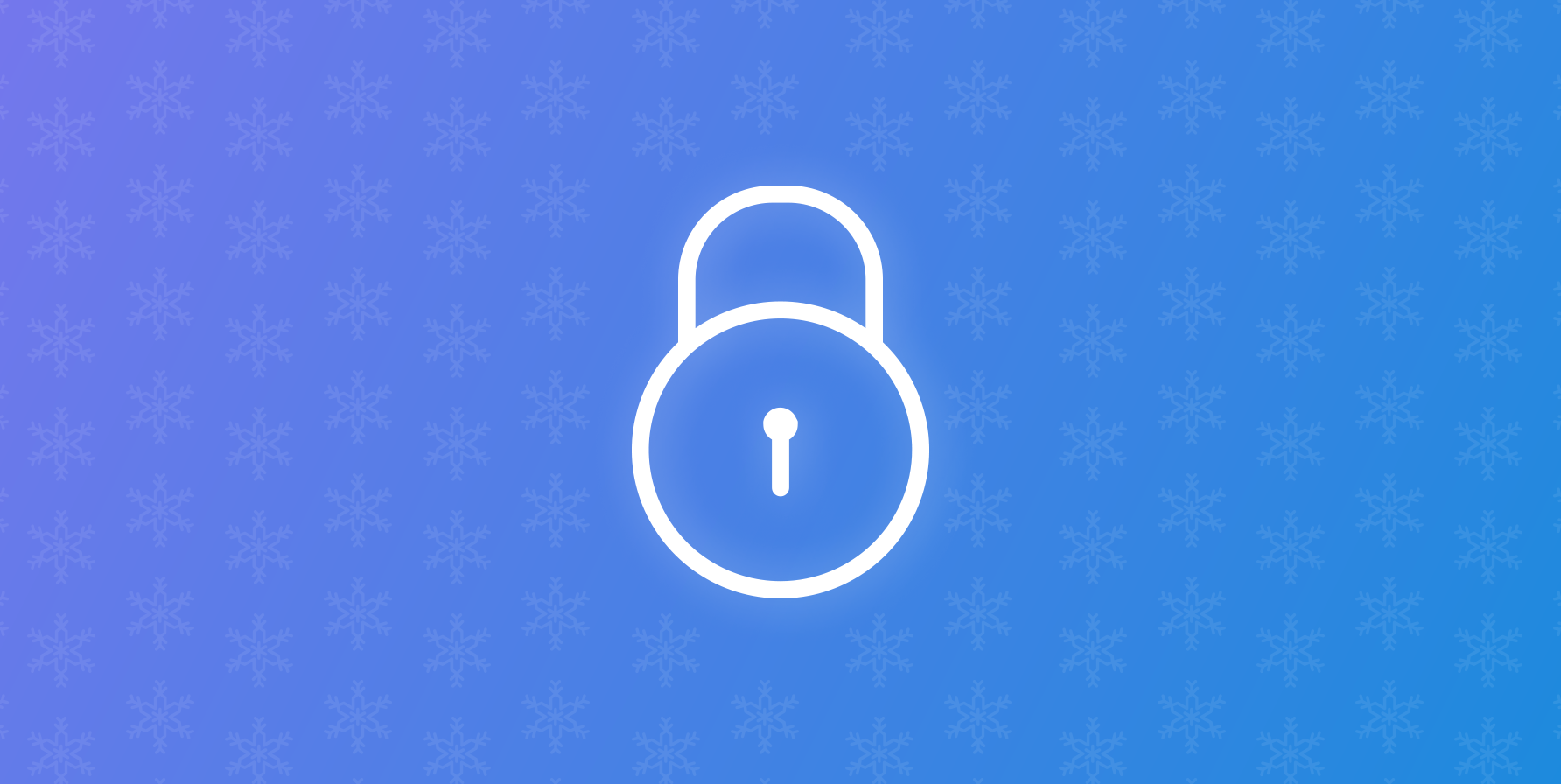Last year U.S. consumers spent more than $3.5 trillion on e-purchases, and online spending trends for this year are on track to blow those 2019 numbers out of the water.
This is great news for billers, but an explosion in e-commerce brings with it increased fraud risk for both business owners and their customers. Add to that the one-two combination of COVID and Christmas shopping and the table is set for a spike in cybercrime this season.
In light of these trends, now is a good time to look at some common e-commerce crimes playing out this year as well as steps consumers and billers can take to protect their pocket books.
Holiday-Related Fraud on the Rise
Tis the season, so let’s start there.
The FBI has already warned consumers and billers to be especially vigilant this holiday season. Consumers in particular are vulnerable - not only because they are shopping more, but because they are likely shopping on unfamiliar websites. Officials also warn to be on the lookout for bogus charities springing up this season ready to exploit all the “peace on earth and goodwill towards man” sentiment out there. Shipping fraud - which increased 220 percent last year - is also on the upswing this year.
What can consumers and billers do to protect themselves from all the fa-la-la-la flim flam?
Merchants are urged to deploy two-factor authentication to secure payments. However, since half of online buyers reject two-step authentication - and roughly a quarter find authentication tech “too inconvenient” - it’s up to billers to educate their customers on the importance of two-factor security.
Meanwhile, experts are also advising consumers to protect their online purchases by downloading apps that enable them to track packages in transit to ensure deliveries don’t fall victim to “porch pirates.”
Criminals Exploit COVID to Steal PII
As if COVID-19 hasn’t already spread enough misery around the globe, pandemic-related scams are blamed for bilking unsuspecting Americans out of more than $145 million in the first nine months of 2020.
Undoubtedly, this trend will continue throughout the holiday season as fraudsters continue to profit from the pandemic. One age-old scam that’s on the rise due to COVID-19 is card cloning, where thieves steal card data using skimmers that capture key data when cards are swiped.
Fraudsters are also exploiting the pandemic by contacting cardholders pretending to represent charities collecting on behalf of COVID-related causes. This deceptive outreach typically comes in the form of a phone call, but digitally-savvy criminals are just as likely to harvest personal identifiable information (PII) using bogus text messages, emails or apps.
Consumers who suspect their cards or their PII have been compromised should alert their financial institutions as soon as possible.
Business-to-Vendor Payment Fraud
Business owners and billers are also vulnerable to fraud. One common scheme aimed at small- and mid-size billers business-to-vendor fraud.
In this sham, scammers contact staffers who manage billing and invoicing. They then request a change of payment details so they can intercept the money. Such a ploy may seem too obvious to work, but 81 percent of businesses say they were targeted by vendor-payment fraudsters last year.
The most effective way for billers and businesses can protect themselves is to minimize human fallacy. By automating payment processes, small- and mid-sized businesses can reduce risk. Additionally, introducing multi-level approvals and audit trails within the payment cycle can also help. Rather than relying on one employee to track vendor payments, ask multiple staffers to manage vendor onboarding as well as updates to vendor details.
“It Pays to Be Diligent”
“The best defense is a good offense,” says Kelly Seidl, BillGO’s CTO. “When shopping or transacting online, it pays to be diligent: check your billing statements twice, avoid public Wi-Fi, use virtual card numbers whenever possible, and most importantly, be sure the apps you use are highly-secure.”
However, it is often our most natural tendencies that leave us vulnerable.
“Unfortunately, because consumers and billers get caught up in the spirits of the holiday season, they often put down their guard, and that is what fraudsters look for,” says Seidl.
This is the giving season, and with so many people in need of so much, the human instinct for generosity is understandable. Just be aware that someone may be looking over your shoulder.
One way consumers can protect themselves from fraudulent billers is to download BillGO’s award-winning bill pay app, Prism. Learn more about this secure and convenient way to manage and pay bills.

